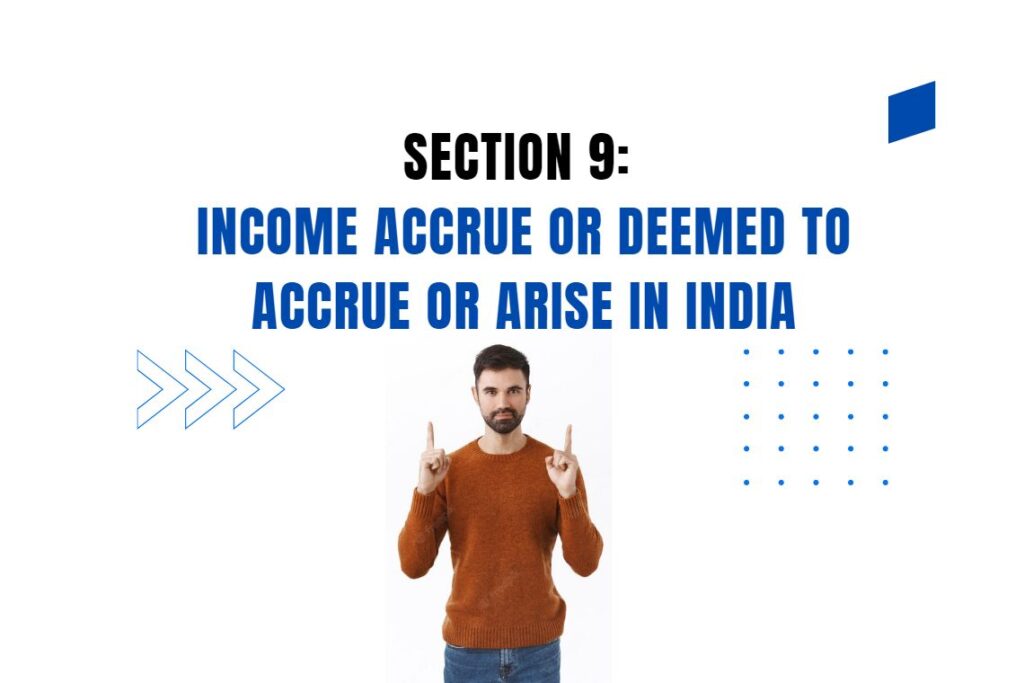Under the Income Tax Act, there are certain provisions that govern the taxation of income earned by minors. One such provision is Section 10(32), which deals with the clubbing of income of a minor child in the hands of a parent. This provision ensures that any income earned by a minor child is included in the total income of the parent for taxation purposes.
Applicability of Section 10(32)
Section 10(32) applies when the following conditions are satisfied:
- The income should be earned by a minor child, i.e., a child below the age of 18 years.
- The income should arise from the following sources:
- Income from manual work done by the minor child.
- Income from any activity involving the application of the minor child’s skill, talent, or specialized knowledge.
- Income from any property owned by the minor child.
Exceptions to Clubbing of Income
However, there are certain exceptions to the clubbing of income under Section 10(32). The income of a minor child will not be clubbed in the following cases:
- If the income is earned by the minor child through manual work or any activity mentioned above, and the minor child is suffering from any disability specified under the Persons with Disabilities (Equal Opportunities, Protection of Rights and Full Participation) Act, 1995.
- If the income is earned by the minor child through manual work or any activity mentioned above, and the minor child is suffering from a serious medical condition as certified by a medical authority.
- If the income is earned by the minor child through any activity mentioned above, and the income is solely for the benefit of the minor child.
- Manual work or any activity involving application of the minor’s skill, knowledge, talent, or experience.
- Agricultural income.
- Income from scholarship or fellowship grant.
- Income from investments made out of the minor’s own income or funds received from relatives.
- Income from any other source which the Central Government may, by notification in the Official Gazette, specify.
Tax Implications of Clubbing of Income
Under Section 10(32) of the Income-tax Act, 1961, the income of a minor child is clubbed with the income of the parent whose total income is higher. However, there is an exemption of ₹1,500 per minor child. This means that if the minor’s income is less than ₹1,500, it will not be clubbed with the parent’s income. If the minor’s income is more than ₹1,500, the excess amount will be clubbed with the parent’s income.
The following are some examples:
Example 1:
A minor child earns an income of ₹1,000 from interest on his bank deposit. His parents have a combined income of ₹10,00,000. The child’s income will not be clubbed with the parents’ income because it is less than the exemption limit of ₹1,500.
Example 2:
A minor child earns an income of ₹2,000 from interest on his bank deposit. His parents have a combined income of ₹10,00,000. The child’s income will be clubbed with the parents’ income to the extent of ₹500 (₹2,000 – ₹1,500).
Example 3:
A minor child earns an income of ₹5,000 from interest on his bank deposit. His parents have a combined income of ₹5,00,000. The child’s income will be clubbed with the parents’ income to the extent of ₹3,500 (₹5,000 – ₹1,500).
It is important to note that the income of a minor child is clubbed with the income of the parent whose total income is higher, even if the parents are divorced or separated.



![Residential Status [Sections 5 to 9B]](https://incometaxmanagement.in/wp-content/uploads/2023/09/Residential-Status-Sections-5-to-9B-1024x683.jpg)

![EXEMPTED INCOMES [Section – 10, 10AA, 11 to 13A]](https://incometaxmanagement.in/wp-content/uploads/2023/09/Exempted-Incomes-Section-10-1024x683.jpg)

![Income of an Electoral Trust shall be Exempt [Section 13B]](https://incometaxmanagement.in/wp-content/uploads/2023/10/61-Exempted-Incomes-Section-13B-1024x683.png)
![Incomes of Political Parties [Section-13A]](https://incometaxmanagement.in/wp-content/uploads/2023/10/60-Exempted-Incomes-Section-13A-1024x683.png)
![Special Provisions in respect of Newly-established Units in Special Economic Zones (SEZ) [Section-10AA]](https://incometaxmanagement.in/wp-content/uploads/2023/10/59-Exempted-Incomes-Section-10AA-1024x683.png)
![Exemption in respect of income chargeable to Equalization Levy [Section 10(50)]](https://incometaxmanagement.in/wp-content/uploads/2023/10/58-Exempted-Incomes-Section-1050-1024x683.png)
![Income of a Developmental Financing Institution (DFI) to be Exempt [Section 10(48E)]](https://incometaxmanagement.in/wp-content/uploads/2023/10/57-Exempted-Incomes-Section-1048E-1024x683.png)
